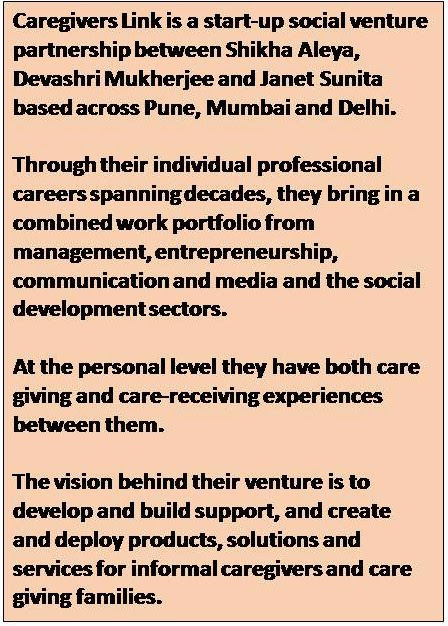Happenings, Apr '14 (update 2)
Pawan Dhall and Madhuja Nandi report on the
historic Supreme Court verdict on transgender identities and rights, and
happenings around the verdict
Kolkata, April 16, 2014: Bengali New Year
day on April 15, 2014 lived up to its ‘new’ factor in true spirit of the word
when the Supreme Court of India declared that every citizen of India had the
right to determine and express their gender, even if it was beyond the binary
of man and woman. According to a media release issued by human rights agency Lawyers Collective, in a path-breaking judgment, the Supreme Court affirmed the
constitutional rights and freedoms of transgender persons, that is, those who
identify with a gender different from their biological sex (for example, a
person assigned male at birth who identifies as a woman or vice versa) as well
as those who do not identify as either man or woman but as ‘third gender’ (for
example, a Hijra person).



